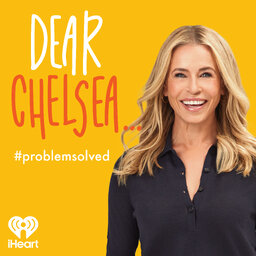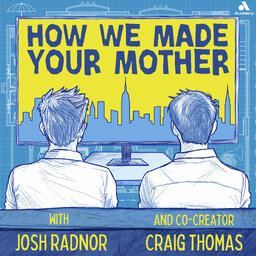Trans athlete and activist Schuyler Bailar joins Chelsea in-studio to talk about why simply believing trans youth is the most important thing, why language matters, and the truth about trans folx playing sports. Then: A Florida teacher wrestles with how to talk to her students about a world outside their own. A soccer wife struggles to find time away with her husband - that doesn’t involve cleats. And a New Yorker wonders if it’s for real as they ponder a move to the countryside for their new beau.
*
*
Get involved:
*
Need some advice from Chelsea? Email us at DearChelseaPodcast@gmail.com
*
Executive Producer Catherine Law
Edited & Engineered by Brad Dickert
*
*
*
*
*
The views and opinions expressed are solely those of the Podcast author, or individuals participating in the Podcast, and do not represent the opinions of iHeartMedia or its employees. This Podcast should not be used as medical advice, mental health advice, mental health counseling or therapy, or as imparting any health care recommendations at all. Individuals are advised to seek independent medical, counseling advice and/or therapy from a competent health care professional with respect to any medical condition, mental health issues, health inquiry or matter, including matters discussed on this Podcast. Guests and listeners should not rely on matters discussed in the Podcast and shall not act or shall refrain from acting based on information contained in the Podcast without first seeking independent medical advice.
Dear Chelsea
On this weekly advice show, comedian & author Chelsea Handler answers listener questions with the hi…Social links
Follow podcast
Recent clips

Minisode: Picking Fights with Chelsea + Catherine
21:03

Life is Lifey with Sarah Shahi
1:13:53

Introducing How We Made Your Mother Season 2!
03:55
 Dear Chelsea
Dear Chelsea
